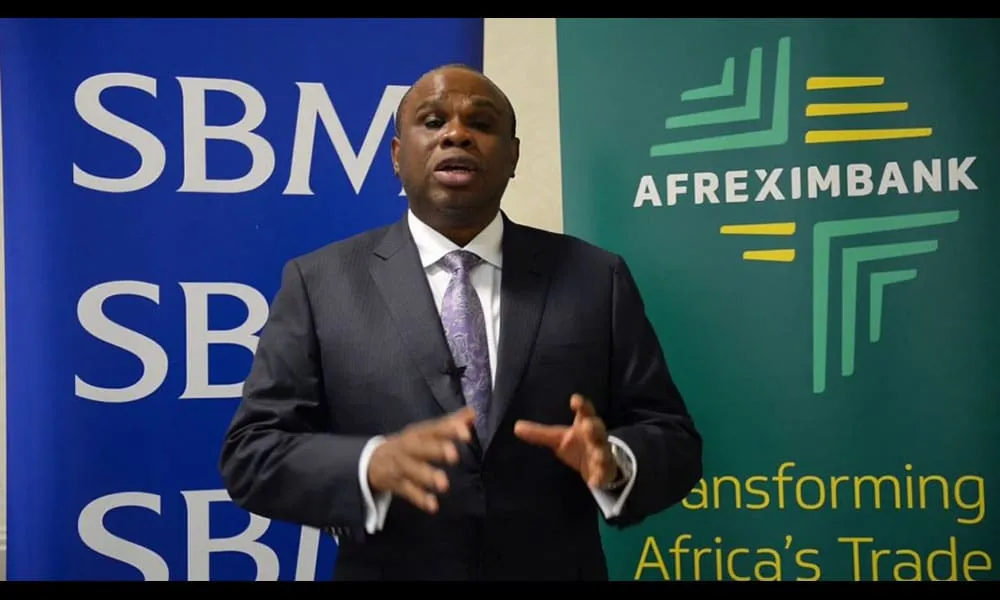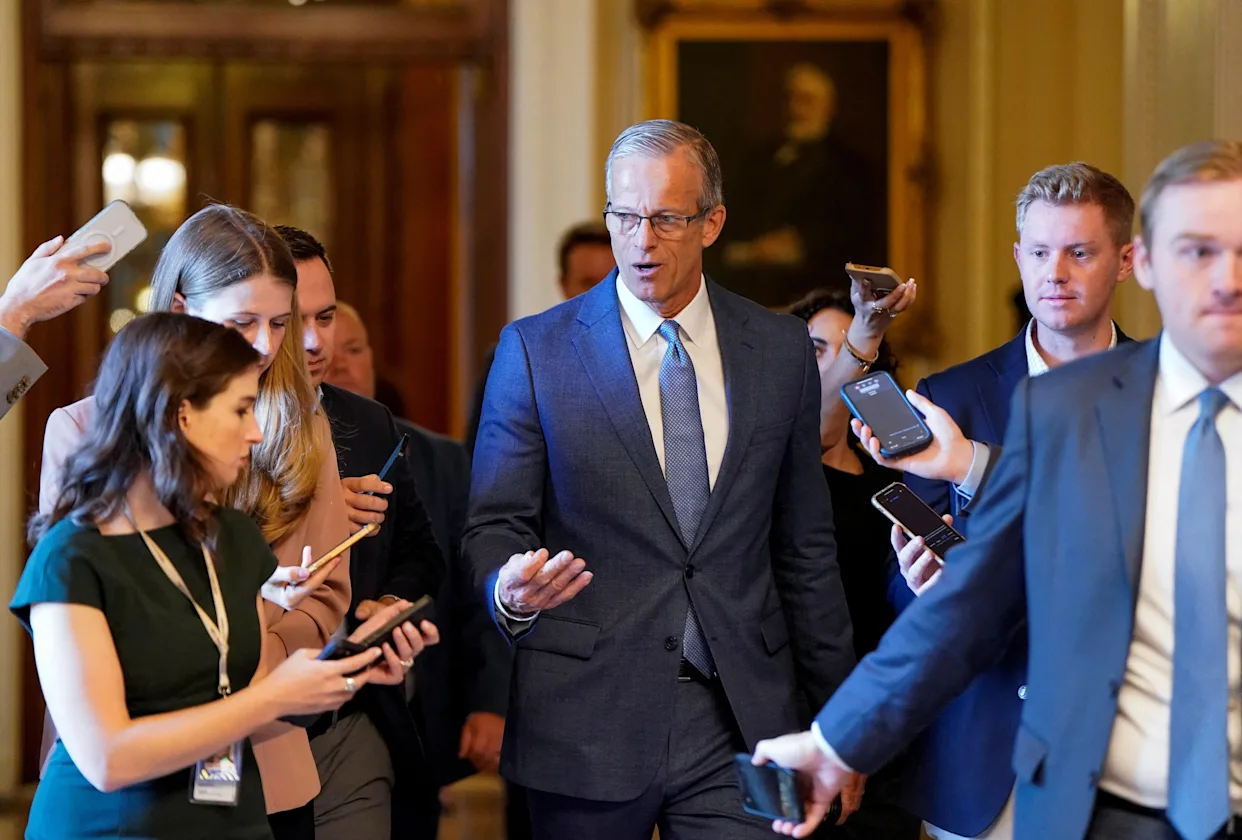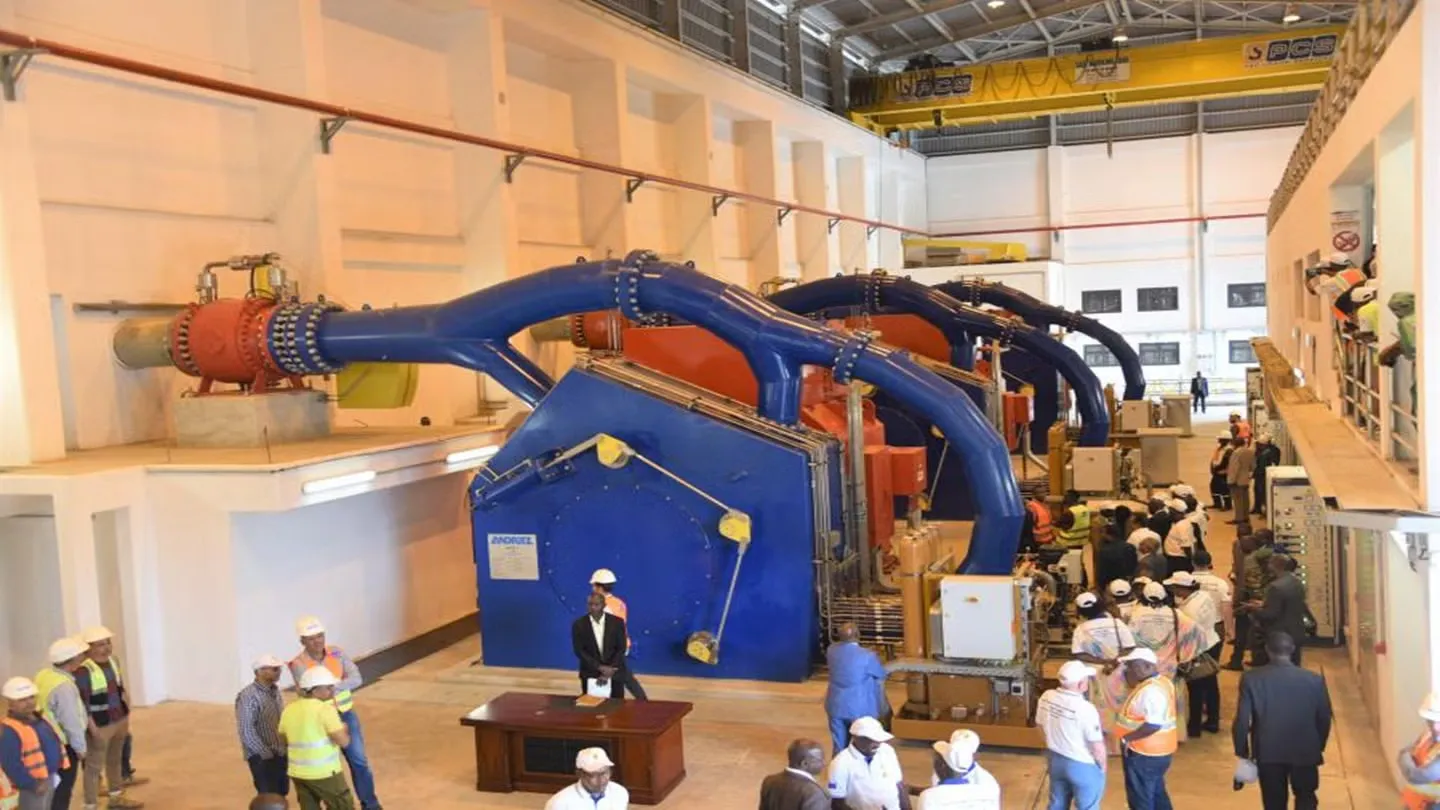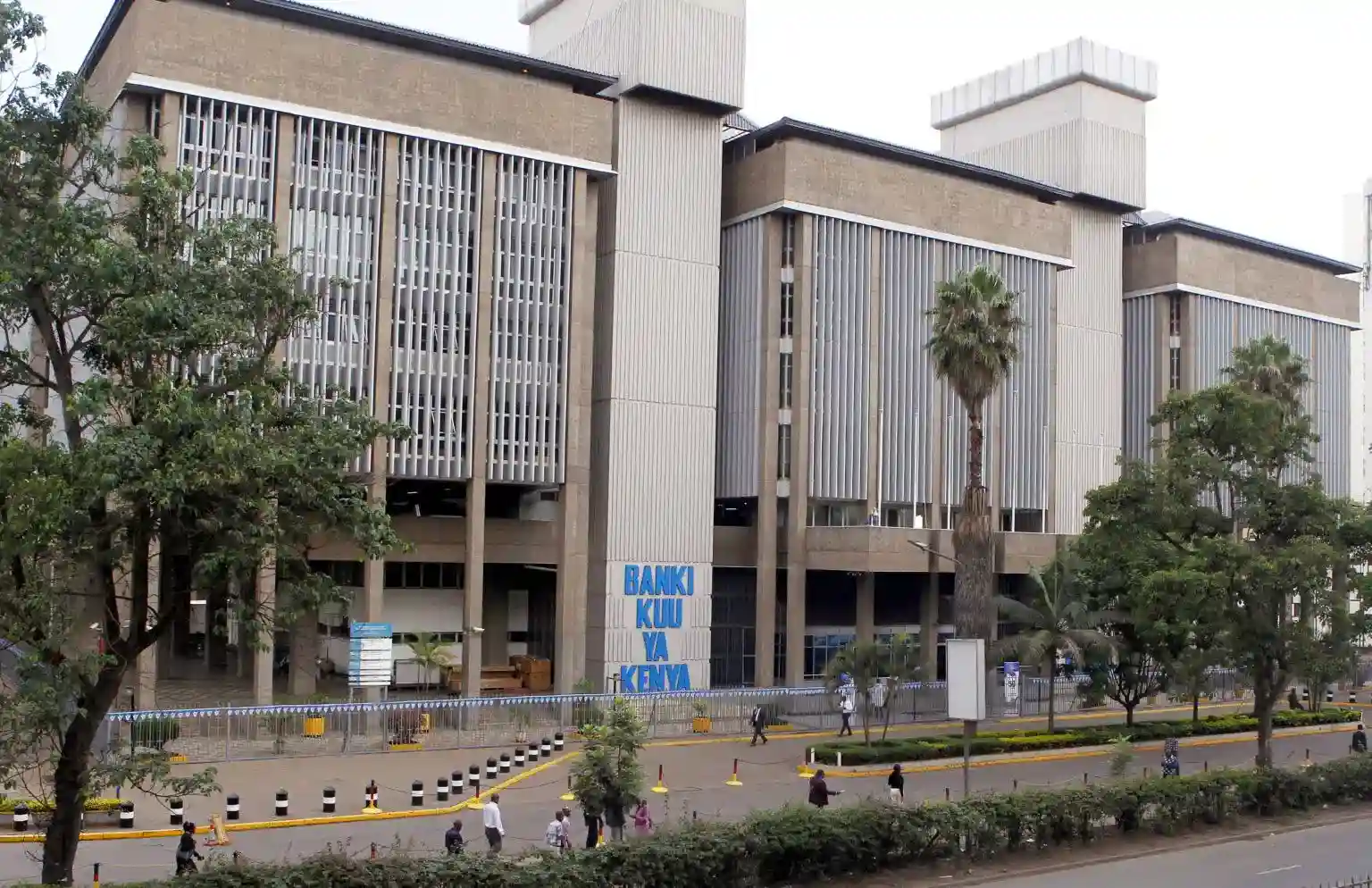The African Export-Import Bank (Afreximbank) has recently unveiled an ambitious $3 billion revolving credit line designed to facilitate easier access to fuel products for buyers across Africa and the Caribbean. This new initiative aims to tackle the continent’s longstanding reliance on imported fuels, offering a new avenue for sourcing petrol, diesel, jet fuel, and other essential products directly from refineries located within Africa itself.
This move comes in the face of Africa’s ongoing challenge of fuel dependency, with the continent spending an estimated $30 billion annually on imported fuel products. Through the credit line, Afreximbank seeks to significantly cut into that bill, providing up to $10 billion to $14 billion of trade finance within its first three years of operation.
The mechanism behind this credit line revolves around facilitating the regional sourcing of oil products, ensuring that African nations can access cheaper and more sustainable fuel options without having to rely on long-distance imports. This approach directly supports the goals of economic and industrial growth within Africa, particularly in sectors reliant on energy-intensive processes like transportation, manufacturing, and agriculture.
Reducing Vulnerability to Global Energy Price Shocks
Africa’s fuel import dependence has exposed the continent to various external shocks in recent years, including fluctuating global oil prices and shipping cost volatility. For instance, the price of Brent crude oil has dropped by more than 20% since mid-January 2025, as global supply issues, such as oil production shifts and fears of reduced demand amid global trade tensions, caused instability in the energy market.
At the same time, the geopolitical risks of using key shipping routes such as the Red Sea have added to the complexity of oil logistics. In March, for example, renewed attacks by the Houthi militia on oil shipping routes prompted US airstrikes in Yemen, escalating the cost of insurance for ships passing through the region. These disruptions have pushed up the cost of delivering fuel to African shores, further straining national budgets.
In this context, the Afreximbank credit line represents a stabilizing mechanism. By facilitating the use of regional refineries rather than relying on distant sources, it helps reduce the volatility of fuel supply chains and shield African nations from the external price shocks that often translate into budgetary crises. In essence, this facility provides a financial buffer to better cope with fluctuations in crude oil prices, freight costs, and insurance premiums, offering African nations a way to hedge against such uncertainties.
The African Continental Free Trade Area (AfCFTA) and Regional Integration
One of the key aspects of Afreximbank’s new initiative is its alignment with the broader vision of the African Continental Free Trade Area (AfCFTA). The AfCFTA is a landmark project aimed at creating a unified market across the continent, facilitating smoother trade, and boosting intra-Africa commerce. Afreximbank’s credit line will play a pivotal role in testing and advancing the AfCFTA’s objectives, particularly with respect to energy access and trade facilitation.
In practical terms, this program could help set a precedent for other sectors in which Africa can become more self-sufficient and less reliant on external imports. By prioritizing intra-African trade, Afreximbank hopes to promote not just the availability of fuel but also a more dynamic, interconnected regional economy. The bank’s strategy aligns with the AfCFTA’s ambition to foster a robust African industrial base, allowing countries to create and consume their own energy products, while also positioning the continent as a key player in the global oil market.
This initiative also provides a roadmap for other critical sectors such as agriculture, technology, and manufacturing. In the long term, the idea is for African nations to leverage their internal resources to reduce dependency on external imports, thus creating more resilient economies and ensuring sustainable development across the continent.
Strengthening Africa’s Refining Capacity
Afreximbank has placed significant emphasis on boosting Africa’s local refining capacity. The bank is currently the largest financier behind several high-profile refining projects across the continent. One such initiative is Nigeria’s Dangote Refinery, which is expected to process 650,000 barrels of oil per day. This facility alone has the potential to reshape the regional oil market, making Africa less reliant on foreign refining capacity.
Furthermore, Afreximbank has been instrumental in supporting the refurbishment of Nigeria’s Port Harcourt oil complex and has extended its financing to similar ventures in Angola and Côte d’Ivoire. Collectively, these projects aim to add about 1.3 million barrels per day of refining capacity, thereby positioning Africa to become more self-reliant in producing the energy products it needs.
This regional boost to refining capacity aligns with the Afreximbank credit line’s objectives, as it ensures that African buyers have access to locally produced fuel. Afreximbank’s efforts to secure funding for these projects are a part of the wider plan to transform the Gulf of Guinea into a key refining hub. By improving the ability of African nations to process and distribute their own oil, the bank is not only addressing the immediate fuel import challenge but also investing in the long-term sustainability of the continent’s energy sector.
Practical Implementation of the Credit Line
Afreximbank’s Revolving Intra-African Oil Import Financing Programme will see the bank issuing or confirming letters of credit, discounting trade instruments, and providing financial advances to various entities in the energy sector. These include ministries of energy, state-owned fuel importers, and private traders who procure products from regional refineries.
The structure of the credit line will allow for greater flexibility and speed in transactions, facilitating trade across national borders. This mechanism will enable energy ministries and private sector players to secure fuel supplies upfront, thereby reducing the time and complexity involved in importing products from international markets.
Afreximbank’s efforts to streamline the purchasing process are particularly important as the cost of financing global fuel imports can be prohibitively high for many African nations, especially those with limited access to capital markets. The ability to access competitive financing terms through Afreximbank’s credit line could open new doors for African countries to negotiate better deals, further reducing the burden of fuel importation.
Collaborative Ventures and New Trading Platforms
In an interesting development, Afreximbank has also revealed its involvement as a controlling shareholder in Atmin, a new trading house set up by former Shell oil traders. Atmin is focused on African oil trading, aiming to create a more integrated and efficient marketplace for oil products on the continent. This move will help ensure that more value remains within Africa, as it creates new opportunities for African players to engage in trading and distribution activities that were previously dominated by international firms.
The bank’s strategic partnerships with leading global technology firms also highlight its commitment to modernizing the energy sector. These collaborations will foster the development of innovative trading tools and infrastructure, enabling more efficient, transparent, and secure transactions within the African oil market.
Looking Ahead: The Future of Africa’s Energy Landscape
Afreximbank’s $3 billion credit line is a bold step toward reshaping Africa’s energy sector. By bolstering local refining capacity and improving access to affordable fuel, the initiative holds the potential to unlock significant economic value across the continent. The financial facility will not only support Africa’s short-term fuel import needs but also lay the groundwork for long-term economic growth and energy independence.
As Africa continues to grapple with the challenges posed by global energy price volatility and climate change, initiatives like the Revolving Intra-African Oil Import Financing Programme will be crucial in charting a more sustainable and self-reliant path forward. By empowering African nations to leverage their own resources, the Afreximbank credit line is contributing to the broader goals of the African Continental Free Trade Area and advancing the continent’s industrial and economic future.
This initiative represents a powerful example of how African financial institutions can drive transformative change, offering solutions to some of the continent’s most pressing challenges while also positioning Africa as a major player on the global energy stage. With the right strategic investments and partnerships, Afreximbank’s efforts could set the foundation for a more prosperous and self-sufficient Africa in the decades to come.
Ready to take your career to the next level? Join our dynamic courses: ACCA, HESI A2, ATI TEAS 7 , HESI EXIT , NCLEX – RN and NCLEX – PN, Financial Literacy!🌟 Dive into a world of opportunities and empower yourself for success. Explore more at Serrari Ed and start your exciting journey today! ✨
Photo source: Google
By: Montel Kamau
Serrari Financial Analyst
2nd May, 2025
Article, Financial and News Disclaimer
The Value of a Financial Advisor
While this article offers valuable insights, it is essential to recognize that personal finance can be highly complex and unique to each individual. A financial advisor provides professional expertise and personalized guidance to help you make well-informed decisions tailored to your specific circumstances and goals.
Beyond offering knowledge, a financial advisor serves as a trusted partner to help you stay disciplined, avoid common pitfalls, and remain focused on your long-term objectives. Their perspective and experience can complement your own efforts, enhancing your financial well-being and ensuring a more confident approach to managing your finances.
Disclaimer: This article is for informational purposes only and does not constitute financial advice. Readers are encouraged to consult a licensed financial advisor to obtain guidance specific to their financial situation.
Article and News Disclaimer
The information provided on www.serrarigroup.com is for general informational purposes only. While we strive to keep the information up to date and accurate, we make no representations or warranties of any kind, express or implied, about the completeness, accuracy, reliability, suitability, or availability with respect to the website or the information, products, services, or related graphics contained on the website for any purpose. Any reliance you place on such information is therefore strictly at your own risk.
www.serrarigroup.com is not responsible for any errors or omissions, or for the results obtained from the use of this information. All information on the website is provided on an as-is basis, with no guarantee of completeness, accuracy, timeliness, or of the results obtained from the use of this information, and without warranty of any kind, express or implied, including but not limited to warranties of performance, merchantability, and fitness for a particular purpose.
In no event will www.serrarigroup.com be liable to you or anyone else for any decision made or action taken in reliance on the information provided on the website or for any consequential, special, or similar damages, even if advised of the possibility of such damages.
The articles, news, and information presented on www.serrarigroup.com reflect the opinions of the respective authors and contributors and do not necessarily represent the views of the website or its management. Any views or opinions expressed are solely those of the individual authors and do not represent the website's views or opinions as a whole.
The content on www.serrarigroup.com may include links to external websites, which are provided for convenience and informational purposes only. We have no control over the nature, content, and availability of those sites. The inclusion of any links does not necessarily imply a recommendation or endorsement of the views expressed within them.
Every effort is made to keep the website up and running smoothly. However, www.serrarigroup.com takes no responsibility for, and will not be liable for, the website being temporarily unavailable due to technical issues beyond our control.
Please note that laws, regulations, and information can change rapidly, and we advise you to conduct further research and seek professional advice when necessary.
By using www.serrarigroup.com, you agree to this disclaimer and its terms. If you do not agree with this disclaimer, please do not use the website.
www.serrarigroup.com, reserves the right to update, modify, or remove any part of this disclaimer without prior notice. It is your responsibility to review this disclaimer periodically for changes.
Serrari Group 2025





